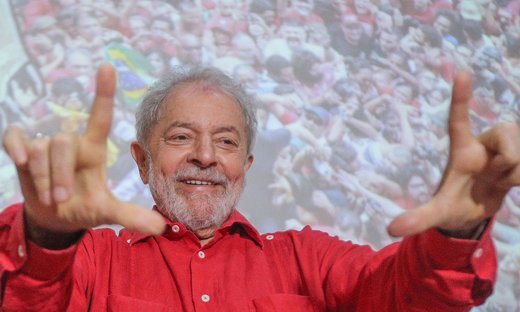On 2 March, Brazil’s Supreme Court dropped the 25th and remaining case against former President Lula as part of the Zelotes Operation to investigate the purchase of 36 fighter jets from SAAB in Sweden. This means that all standing cases against him have now been dropped, bringing to a close one of the most scandalous and damaging cases of ‘lawfare’ injustice in recent political history. Supreme Court Justice Ricardo Lewandowski ruled, as in the previous 24 cases, that there was obvious bias against former president Lula.
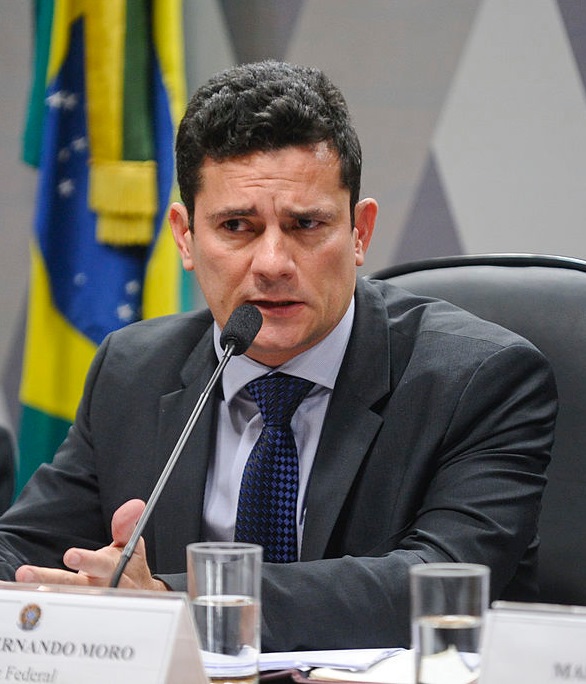
The prosecution of Lula was scandalous because he was convicted and kept in jail for 580 days on nebulous ‘evidence’ of accepting an apartment from a construction company while he was president. His conviction meant that he was unable to stand for election in 2018 against the current President Bolsonaro. The judge who convicted Lula, Sergio Moro, and also judged most of the 25 legal cases against him, went on to become Bolsonaro’s Minister of Justice, a shocking confirmation to many Brazilians that Lula’s conviction has been a political setup. Moro had already selectively and illegally leaked huge parts of Lula’s interrogation to the press in the run up to his trial, thus causing many observers to doubt the judge’s impartiality from the outset.
As Lula said to Moro’s face in September 2017, ‘History does not end here. History will judge whether there was legal abuse against me in this process … I hope this nation will never abdicate from believing in justice … Let me tell you something: if, one day, I am declared innocent, be prepared – because you will be responsible.’ Prophetic words …
Brazil was damaged by Lava Jato
The prosecution was damaging because the broader background to Lula’s conviction was the wide-ranging Lava Jato investigation into corruption by large Brazilian companies with substantial public sector contracts, particularly with the state oil giant Petrobras, and the construction giant Odebrecht, both Brazilian-based multinational companies.
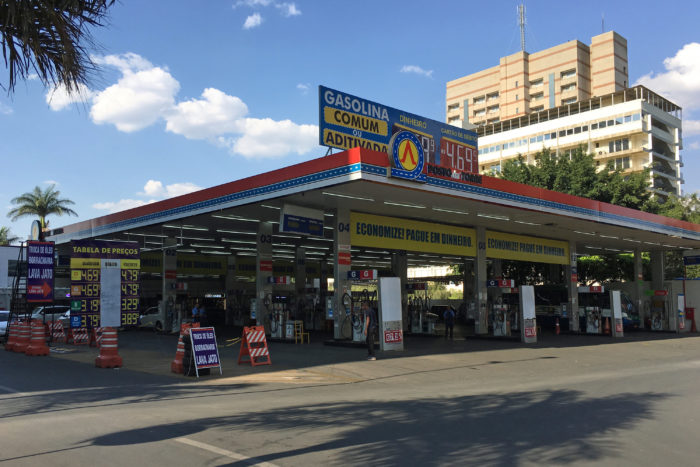
There is no doubt that these companies used bribery, not just in Brazil, but also overseas, to secure contracts. Regrettably, their modus operandi is the same as many other similar international companies, including British ones such as BAE Systems in the Middle East and elsewhere.
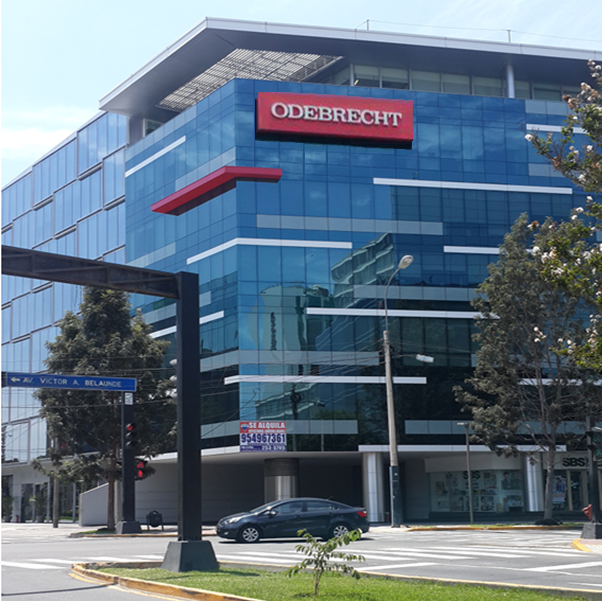
The difference is that such companies still exist and thrive in Europe, whereas several Brazilian so-called ‘national champions’, intensely promoted during the PT presidencies of Lula and Dilma Rousseff, have been reduced to a shadow of their former selves, throwing millions of innocent employees into precarious sub-employment after being tainted by association with their former employers. The losses to the Brazilian job market and economy as fallout of Lava Jato are incalculable, but some analysts from DIEESE, the trade union statistics agency, put it at around 4.4 million jobs and 3.6 per cent of the country’s GDP.
One of the authors recalls taking an Uber taxi whose driver had been a highly-skilled project manager who had lost his job at Odebrecht, a once-huge company active in several continents. There is evidence to suggest that such companies were deliberately targeted by some Brazilian prosecutors and judiciary in cahoots with their overseas competition.
For example, from a single contract with the US bankruptcy law firm Alvarez & Marsal, former judge Moro has received around $750,000 dollars in consultancy fees to ‘advise’ them on how to dispose of Odebrecht’s assets in the USA. It is also now known that, in the run-up to Lula’s trial, Judge Moro consulted with federal prosecutor Deltan Dallagnol on how best to advance the case against Lula, something that no legal system in the world allows.
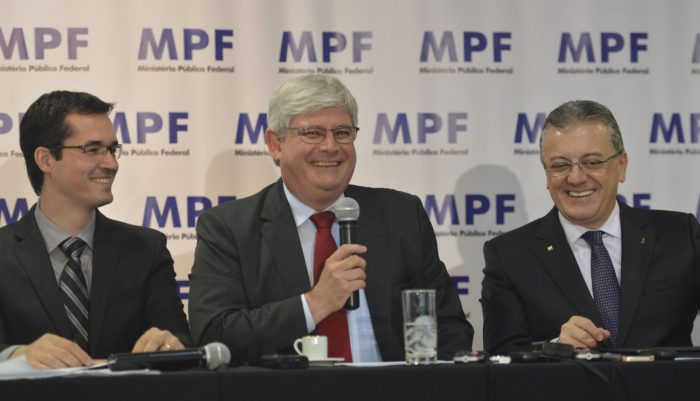
Dallagnol has known close links with the US Department of Justice and the FBI, keeping the latter informed on Lava Jato investigations and receiving ‘financial compensation through an asset sharing scheme based on kickbacks from fines that the US Government collected from Brazilian companies and individuals’, according to a 2020 report from LAB partner Agência Pública.
The Brazilian corporate media played their shameful part in this too, uncritically publicising the selectively leaked evidence and using sensationalist TV graphics of dollars thrown in the air as the studio background when reporting daily on developments.
But now they turn on Bolsonaro
Thankfully, much (but not all) of the media have now turned against President Bolsonaro, after seeing his denialist response to the covid pandemic, and tiring of the constant and woeful incompetence of his administration. For example, Folha de São Paulo and Rede Globo, respectively the largest national newspaper and TV media outlets, after spending years investing in a smear campaign against Lula, Dilma and everything related to their party, the PT, are now softening their rhetoric, particularly on Lula.
However, instead of being self-critical and recognising that their previous coverage was unjust and wrong, their apparent ‘conversion’ has more to do with the debacle of Bolsonaro’s government, the lack of a viable ‘Third Way’ candidate (surely their would-be top choice) and Lula’s rediscovered popularity.
Besides job market and financial damage, a blow has been caused to the reputation of the Brazilian judiciary which, although slow and inefficient, could be relied upon to be objective. Some of the harm has been repaired by the scrupulousness with which some of the Supreme Court Justices have examined, and sometimes quashed, many Lava Jato convictions due to questionable process.
Preparing the presidential candidacy
But Lula is in no position to waste time celebrating victories against the lawfare of which he was the victim. Instead, he is busy honing his presidential candidacy and concluding the arrangements to appoint Geraldo Alckmin as his vice-presidential running mate. This joint ticket is expected to be officially announced in early April at a public event to showcase the strength of the left-to-centre coalition. It will include important leaders of several political parties and social organisations, such as Guilherme Boulos, the leader of the homeless action group MTST and member of prominent leftist party PSOL.
Although the Lula-Alckmin ticket isn´t yet official, its effects are already reaching far beyond the main political centres of Brasília, São Paulo and Rio de Janeiro. In several states, such as Bahia, Pernambuco, Rio Grande do Norte, Amapá and Santa Catarina, former rivals in the 2018 elections are now united in support of the ticket, including politicians and parties that until recently were anti-Lula and anti-PT. The press calls this the ‘Lula/Alckmin Effect’.
In the meantime, at the Perseu Abramo Foundation, the PT’s think tank, together with PSOL´s Lauro Campos Foundation, a number of working groups are discussing the main topics that will comprise the ticket´s platform for the presidential elections. Although specifics aren’t public yet, a number of hints have been aired, suggesting that the environment, and the Amazon in particular, will be one of the top priorities. Policies in support of indigenous peoples will also be at the top of this list, aiming to reverse the damage inflicted by the Bolsonaro government.
In coming weeks these polices will be developed and the Lula/Alckmin candidacy will take shape. This is despite criticisms from parts of the far left who do not sympathise with Alckmin’s record as a former governor of São Paulo State and key member of the centre-right PSDB party, and an opponent of Lula in previous presidential elections. There are also, of course, criticisms from the right, but these mostly come from advocates and beneficiaries of the increasingly improbable ‘Third Way’, such as several-times presidential candidate Ciro Gomes.

